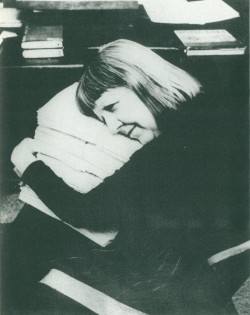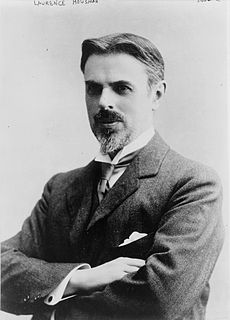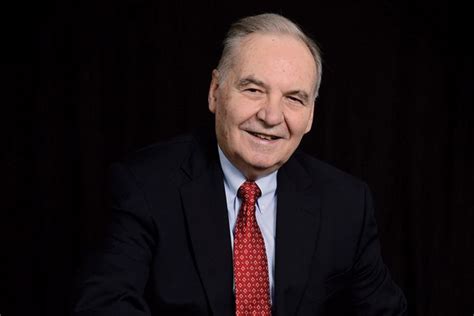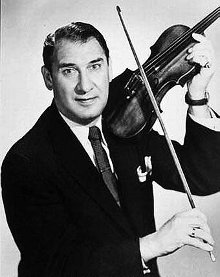A Quote by C. S. Lewis
Friendship is born at that moment when one man says to another: "What! You too? I thought that no one but myself . . ."
Related Quotes
Your notions of friendship are new to me; I believe every man is born with his quantum, and he cannot give to one without robbing another. I very well know to whom I would give the first place in my friendship, but they are not in the way, I am condemned to another scene, and therefore I distribute it in pennyworths to those about me, and who displease me least, and should do the same to my fellow prisoners if I were condemned to a jail.
Man has no individual 'I'. But there are, instead, hundreds and thousands of separate small 'I's, very often entirely unknown to one another, never coming into contact, or, on the contrary, hostile to each other, mutually exclusive and incompatible. Each minute, each moment, man is saying or thinking, 'I'. And each time his 'I' is different. Just now it was a thought, now it is a desire, now a sensation, now another thought, and so on, endlessly. Man is a plurality. Man's name is legion.
There are three friendships which are advantageous, and three which are injurious. Friendship with the upright; friendship with the sincere; and friendship with the man of much observation: these are advantageous. Friendship with the man of specious airs; friendship with the insinuatingly soft; and friendship with the glib-tongued: these are injurious.
I couldn't get myself to read the want ads. The thought of sitting in front of a man behind a desk and telling him that I wanted a job, that I was qualified for a job, was too much for me. Frankly, I was horrified by life, at what a man had to do simply in order to eat, sleep, and keep himself clothed. So I stayed in bed and drank. When you drank the world was still out there, but for the moment it didn't have you by the throat.
We are all born idolaters, and idolatry is good, because it is in the nature of man. Who can get beyond it? Only the perfect man, the God-man. The rest are all idolaters. So long as we see this universe before us, with its forms and shapes, we are all idolaters. This is a gigantic symbol we are worshipping. He who says he is the body is a born idolater.
[In response to Alfred Tennyson's poem "Vision of Sin," which included the line "Every moment dies a man, every moment one is born."] If this were true, the population of the world would be at a stand-still. In truth, the rate of birth is slightly in excess of death. I would suggest that the next edition of your poem should read: "Every moment dies a man, every moment 1 [and] 1/16 is born." Strictly speaking, the actual figure is so long I cannot get it into a line, but I believe the figure 1 [and] 1/16 will be sufficiently accurate for poetry.



































